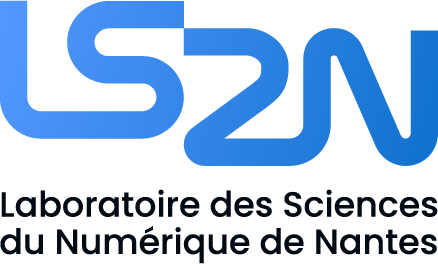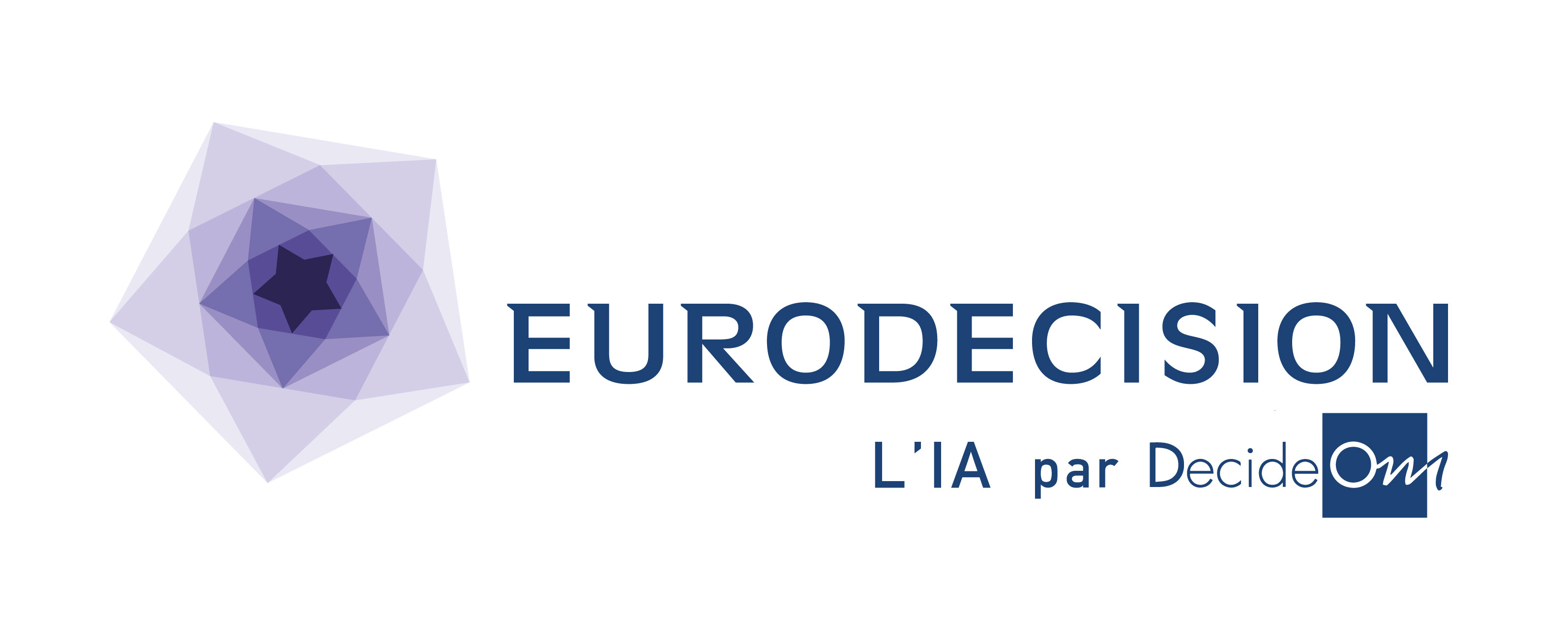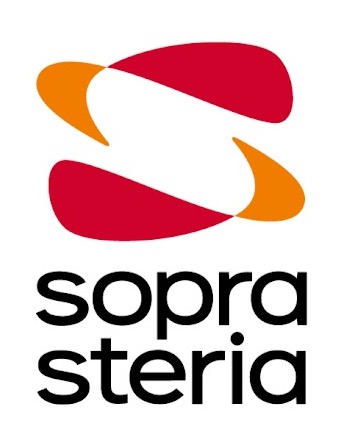Forum 'Annonces' - Sujet créé le 2020-05-18
par
Simon Thevenin
Ph.D. Position in Operations Research
Institution: IMT Atlantique, Nantes. Laboratoires des Sciences du Numérique de Nantes (LS2N), team SLP.
Topic: Predictive and prescriptive analytics for production planning
IMT Atlantique is a top level engineering school, a technical university, under the aegis of the Ministry of Industry and the digital sector formed from the merger of two renowned schools (Télécom Bretagne and Ecole des Mines de Nantes). It focuses on digital technology, energy and the environment with the objectives of contributing to economic development through education, outstanding research and innovation. Since its creation on January 1, 2017, IMT Atlantique has inherited all of the research and innovation activities of Télécom Bretagne and École des Mines de Nantes. This new establishment comprises 13 departments of teaching and research, involved in six research labs. With more than 1000 publications each year (400 of which are A Rank), the research at IMT Atlantique is carried out by 290 permanent researchers and lecturers, 110 non-permanent researchers and over 300 doctoral students.
The SLP (Logistics and Production Systems) team is part of the Optimization and Decision Support group of the Department of Automation, Production, and Computer Science. The team focuses on the design and optimization of production systems, logistic and transport networks, planning and scheduling of production activities, and risk management for industrial systems and services.
IMT Atlantique is seeking a PhD student to join the H2020 European funded ASSISTANT project (3-years). The ASSISTANT (LeArning and robuSt deciSIon SupporT sytems for agile mANufacTuring environments) consortium is composed of eleven academic and industrial partners combining key skills in artificial intelligence, optimization, manufacturing, industrial engineering, edge computing and robotics. ASSISTANT aims to create intelligent digital twins through the joint use of machine learning (ML), optimization, simulation and domain models. The resulting tools will design and operate complex, collaborative, and reconfigurable production systems based on data collected from various sources such as IoT devices. ASSISTANT will experiment this methodology on a significant panel of use cases selected for their relevance in the current context of the digital transformation of production in major manufacturing sectors undergoing rapid transformation like energy, industrial equipment, and automotive sectors which already make extensive use of digital twins. ASSISTANT targets a significant increase in flexibility and reactivity, product/process quality, and robustness of manufacturing systems by integrating human and machine intelligence in a sustainable learning relationship.
Thesis description: Within the ASSISTANT project, this thesis aims to develop an intelligent digital twin for production planning to help production managers operate an agile factory. This intelligent digital twin extends advance planning systems with artificial intelligence and data analytics to take advantage of the massive amount of data generated on the shop floor and external data sources to yield better planning decisions. More specifically, it is a decision support tool that helps production directors adjust the production capacity to demand (e.g., specifying the shop floor configuration, setting the worker requirements, subcontracting labor, setting the number of functional assembly lines, etc), and places orders of necessary components to the suppliers. This twin will yield robust decisions to hedge against various sources of uncertainties such as demand, production defects, process durations, etc. These intelligent production planning twins enhance advanced planning systems with machine learning and data analytics not only to predict the values of uncertain parameters based on data available from the shop and from external sources, but also to enhance the accuracy of the decision models by learning the behavior of a constantly changing shop floor, and to estimate conditions outside normality that could cause problems.
The student will ensure the developed tool is data driven, self-adaptive, and collaborative. Moreover, as a consequence of the bricks developed by the other consortium partners the twin will be Ethical by design, Safe, reactive, easily integrated, and autonomous.
The work program includes:
- Develop robust and stochastic optimization approach for lot-sizing models.
- Develop meta-heuristics to solve the resulting models.
- Develop machine learning approaches to learn the parameters of the models (costs, process durations, etc.) based on data and accurate simulation of the execution.
- Develop methods to estimate the parameters of the distribution (e.g., non-parametric Bayesian networks for learning them) and uncertainty sets.
- Validate the performance of the intelligent production planning twin by deploying the tool in the SIEMENS Energy plant in Berlin.
Required skills:
- Master/Engineer degree in operation research, artificial intelligence, computer Science, or related technical field.
- Knowledge of a programming language
- Knowledge of a linear programming solver
- Strong English reading and writing skills.
- Knowledge in the one of the following topics would also be strongly appreciated: stochastic optimization, robust optimization, heuristics, machine learning, reinforcement learning.
Start: September - December 2020
Supervisor: Alexandre Dolgui, Simon Thevenin, Thomas Yeung.
Contact: CV, letter of motivation, master grads, and recommendation letters must be sent to simon.thevenin@imt-atlantique.fr before June 15th 2020.




























